Blog Posts for Achilles Tendinitis
The North Florida Bone & Joint Specialists blog provides the latest information on orthopaedic conditions, injuries and procedures.

The North Florida Bone & Joint Specialists blog provides the latest information on orthopaedic conditions, injuries and procedures.
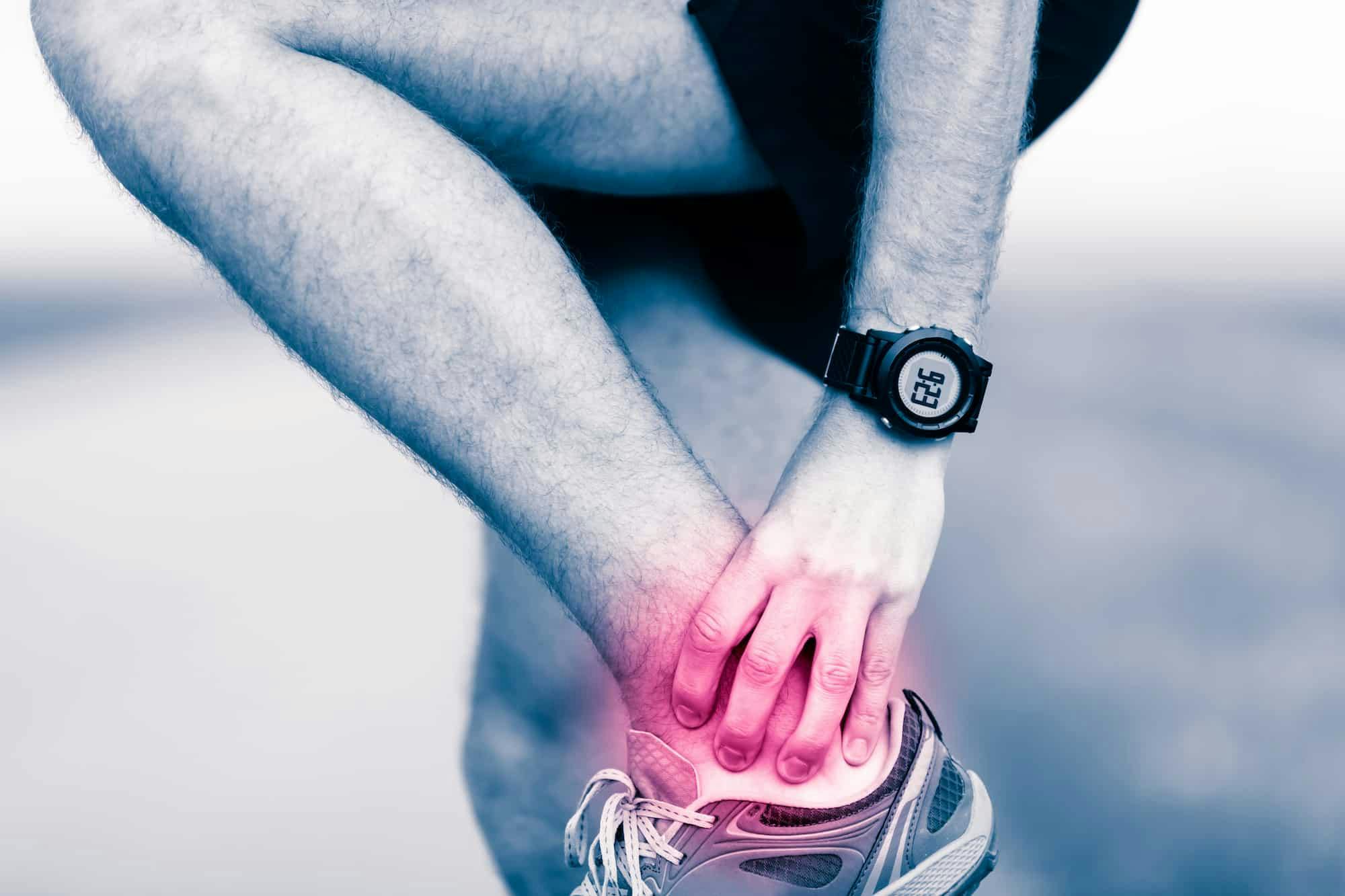
May is National Arthritis Awareness Month, and of the more than 100 forms of this painful condition, many can affect the ankle. In fact, almost half of people in their 60s and 70s have arthritis of the foot and/or ankle, but not all of them have symptoms.
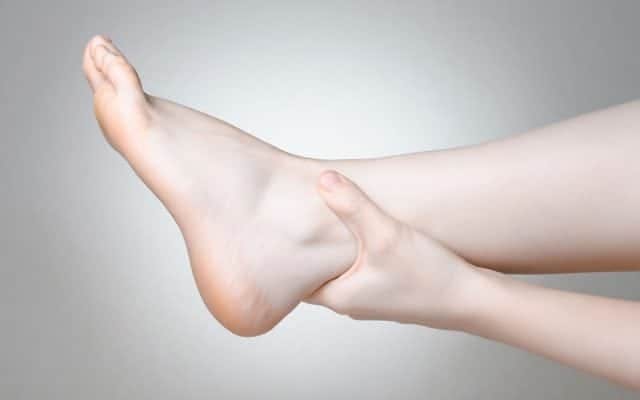
While stiffness and pain may increase with age, this can also be a classic sign of osteoarthritis. Swelling, pain, and deformity can keep you from normal daily activities if left untreated. Here is more information to help you identify symptoms and understand how it can affect your foot and ankle.
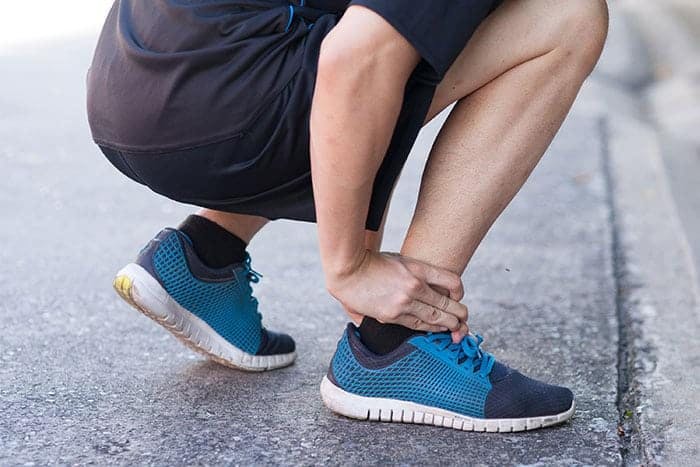
The Achilles tendon is the largest and strongest tendon in the body, and it serves a very important purpose. It connects the gastrocnemius and soleus – the two primary calf muscles – to the back of the heel bone. When too much stress is placed on the Achilles tendon, also known as the heel cord, it tightens and becomes overworked. As a result, it can become inflamed, a condition that is known as Achilles tendinitis.
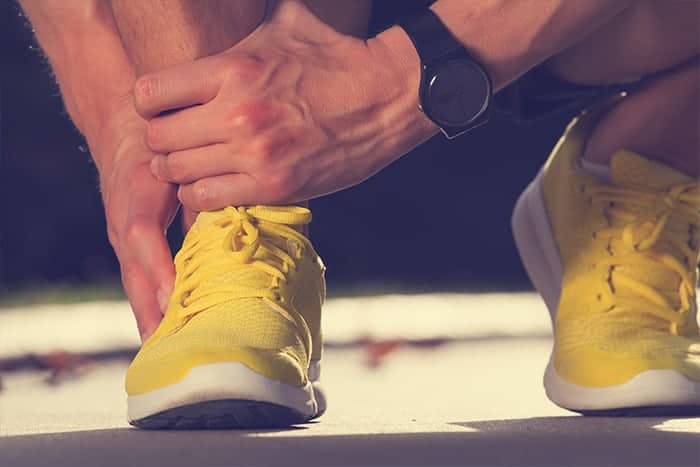
Running is an excellent way to work out the body and clear the mind, but despite the pros, there is one con that many runners can identify with – a painful Achilles tendon.

Treating Tendonitis with Percutaneous Tenotomy (TENEX)
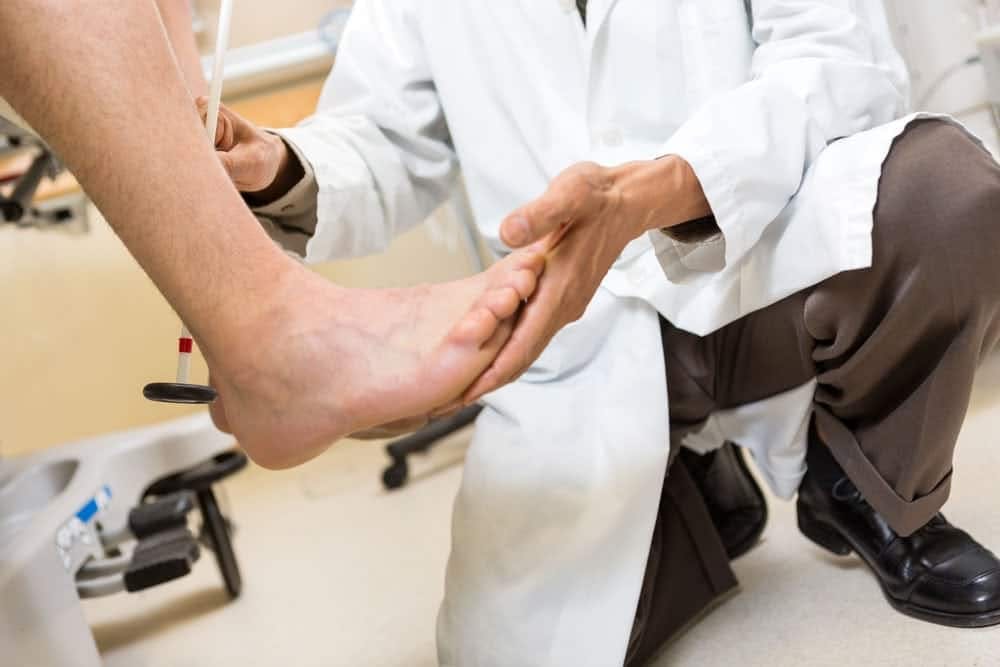
Achilles tendinitis happens when the tendon that connects your heel to the back of your leg becomes painful and swollen close to the bottom of your foot. This tendon, called the Achilles tendon, enables you to push your foot down when you walk, run, or perform other movements. You use this tendon during activities, such as jumping and running.
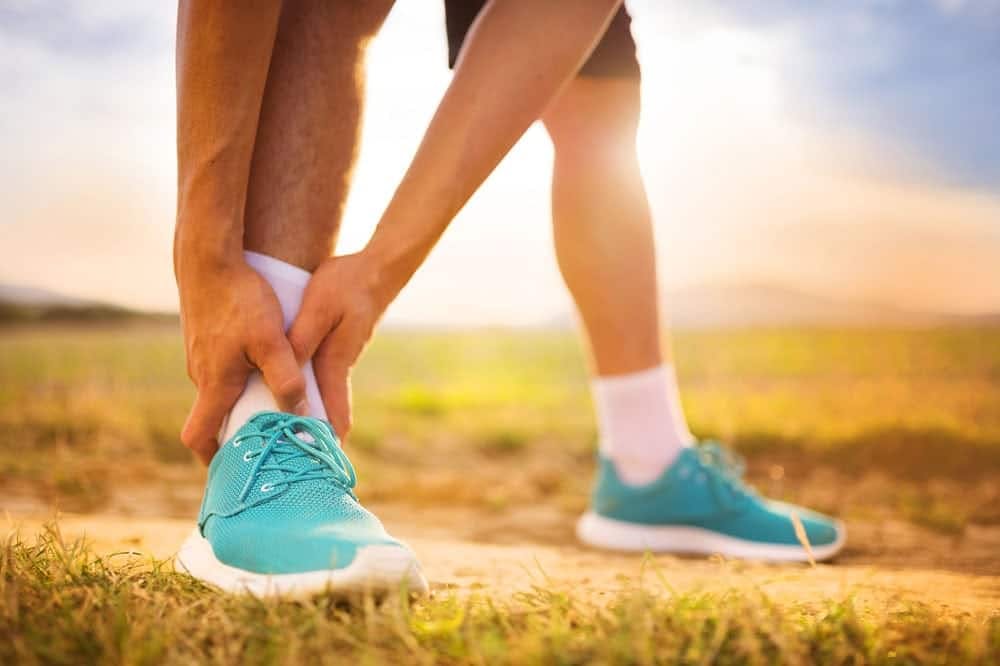
Achilles tendinitis happens when you get an inflamed Achilles tendon due to too much strain being put on it. Your Achilles tendon connects your heel bone to your calf muscles and is located at the back of your lower leg. It is large and can hold a lot of force, however, it still can get injured.
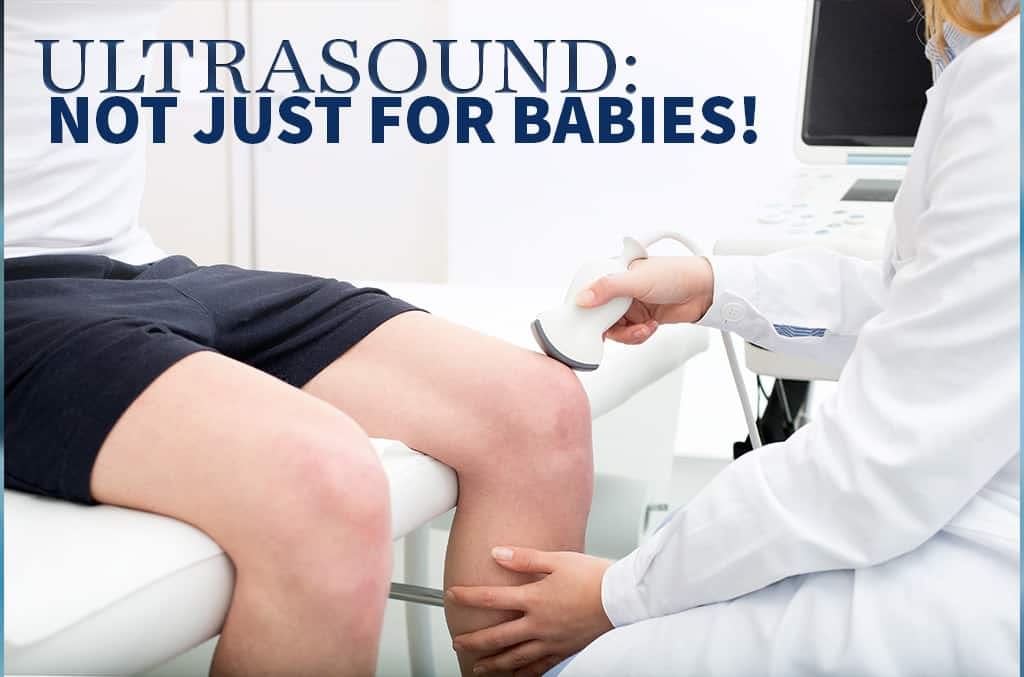
Ultrasound: Not Just for Babies!

Research and the Evolution of Sports Medicine